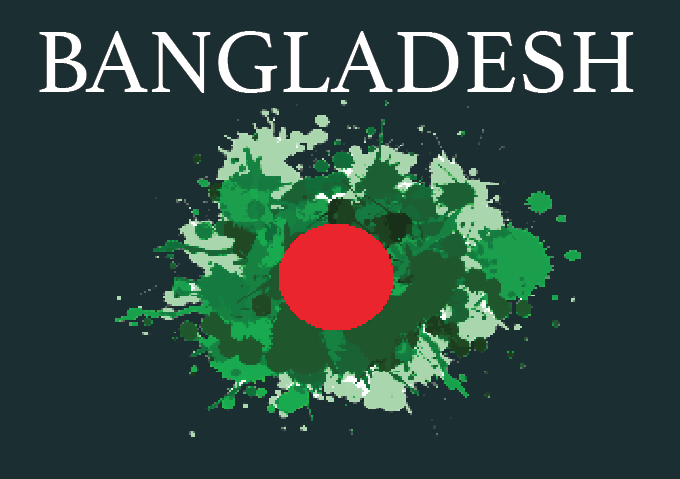

FREE
Updated
08 May 2023
Lessons
22
Enrolled
61
Language
English (en)
Skill Level
Beginner
Course Overview
Sunjida Khan
Course Content
Loading...
Latest Courses
CSE Summer 2025
12 Lessons
Updated: Jul 2025
21 Lessons
Updated: Jul 2025
CSE Summer 2025
21 Lessons
Updated: Jul 2025
CSE Summer 2025
21 Lessons
Updated: Jul 2025
CSE Summer 2025
22 Lessons
Updated: Jul 2025
13 Lessons
Updated: Jan 2025
CSE Summer 2025
16 Lessons
Updated: Jul 2025
CSE Summer 2025
16 Lessons
Updated: Jul 2025
CSE Summer 2025
21 Lessons
Updated: Jul 2025
CSE Summer 2025
20 Lessons
Updated: Jul 2025
CSE Summer 2025
26 Lessons
Updated: Jul 2025
CSE Summer 2025
18 Lessons
Updated: Jul 2025
